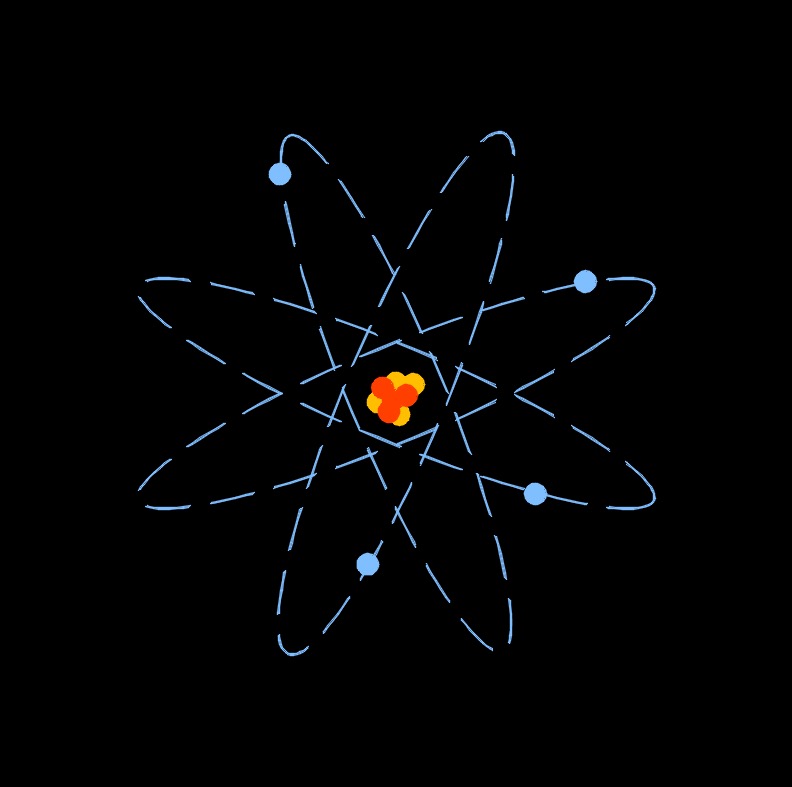Energy
 Energy, abbreviated as \(E\), is never created or destroyed First Law of Thermodynamics, but it can be transferred from one object to another. It also comes in many different forms (kinetic, potential, thermal, chemical, electrodynamic and nuclear) and can be converted from any one of these forms into any other, and vice versa. Energy can be converted from one form to another in three basic ways: through the action of forces (gravitational forces, electric and magnetic force fields, frictional forces), when atoms absorb or emit photons of light and when nuclear reaction occurs.
Energy, abbreviated as \(E\), is never created or destroyed First Law of Thermodynamics, but it can be transferred from one object to another. It also comes in many different forms (kinetic, potential, thermal, chemical, electrodynamic and nuclear) and can be converted from any one of these forms into any other, and vice versa. Energy can be converted from one form to another in three basic ways: through the action of forces (gravitational forces, electric and magnetic force fields, frictional forces), when atoms absorb or emit photons of light and when nuclear reaction occurs.
Energy Types
Kinetic Energy - Energy of moving objects.
- Electric Energy - Energy stored in an electric field or transported by an electric current.
- Electromagnetic Energy - The energy carried by electromagnetic waves. These waves are composed of electric and magnetic fields oscillating perpendicular to each other and traveling through space.
- Geothermal Energy - A form of renewable energy that is generated by harnessing the natural heat from within the Earth.
- Impact Energy - The energy absorbed or transferred during a collision or impact between two objects.
- Internal Energy - The total of all energies associated with the motion of the molecules in the system.
- Mechanical Energy - The sum of the change in kinetic energy and potential energy generating from the force of gravity, external forces or the movement released in machine movement.
- Radiant Energy - Energy transmitted without the movement of mass.
- Sound Energy - Energy that we can hear. It is a type of kinetic energy that moves through the air and other matter in the form of sound waves.
- Thermal Energy - The exertion of power that is created by heat, or the increase in temperature.
-
Tidal Water Energy - A form of renewable energy generated by harnessing the movement of tides.
- Wind Energy - The kinetic energy of air in motion.
Potential Energy - Energy that is stored.
-
Biomass Energy - The organic material that comes from plants and animals, and it is a renewable source of energy.
- Chemical Energy - When two substances are combined or mixed together to produce a chemical reaction.
-
Coal Energy - The process of generating electricity by burning coal, a fossil fuel that has been used for centuries as a primary energy source.
- Elastic Energy - The energy stored in objects as the result of deformation, such as a spring when stretching or compressing.
- Electric Energy - Energy stored in an electric field or transported by an electric current.
- Gravitational Energy - The energy stored in an object due to its height above the earth.
- Hydroelectric Energy - A form of renewable energy that uses the movement of water to generate electricity.
- Magnetic Energy - A natural phenomenon by which some objects produce attractive or repulsive forces on other materials.
- Nuclear Energy - Energy stored in the nucleus of an atom.
- Rest Energy - An object possesses due to its mass when it’s at rest, not moving.

